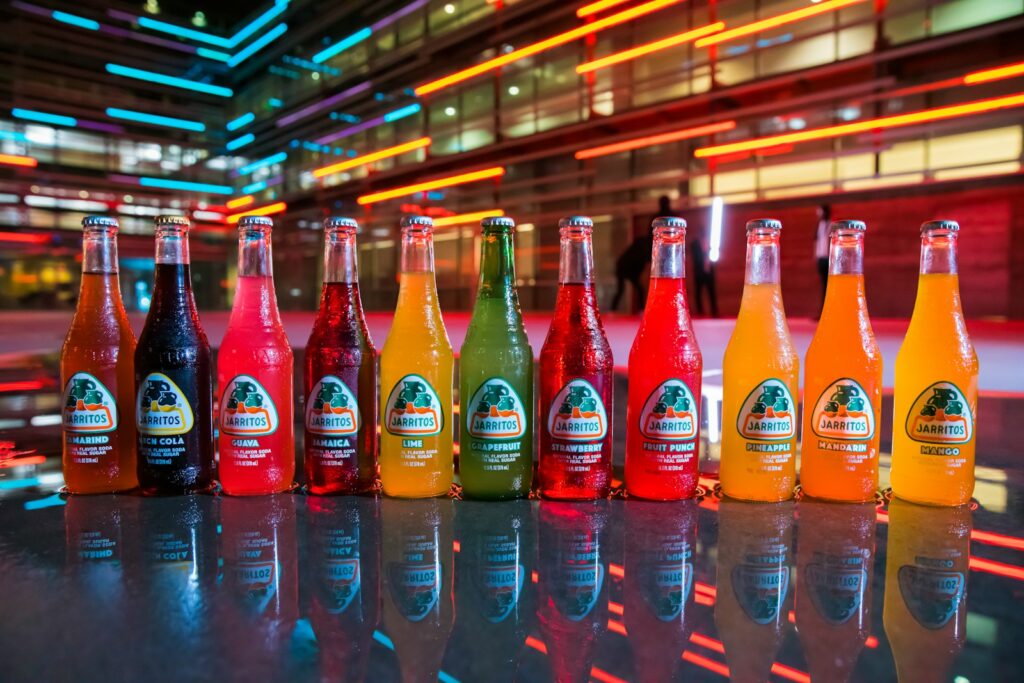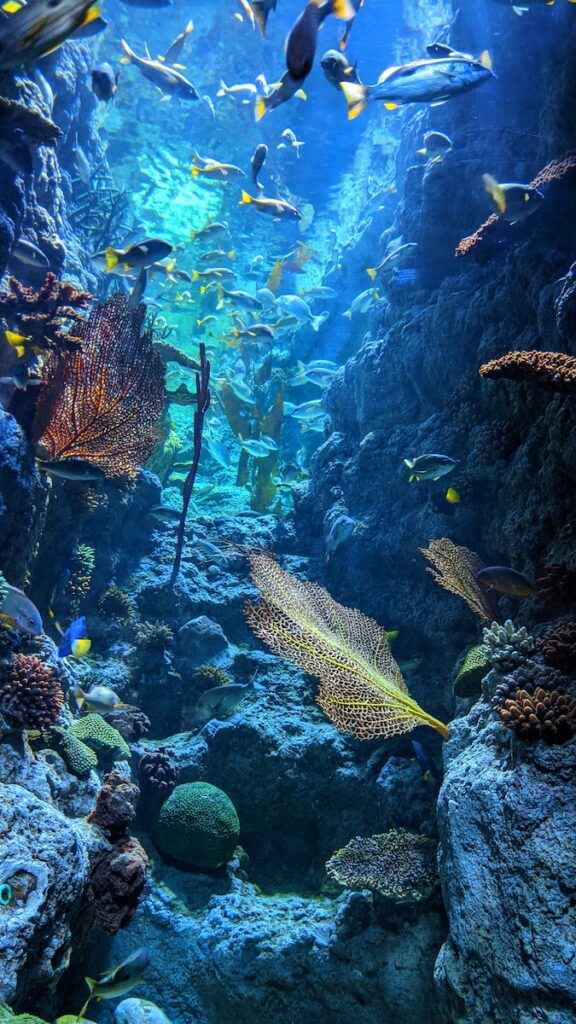Retiring in Jamaica can be an appealing option for those seeking a relaxed and affordable lifestyle in a tropical paradise. With its warm climate, stunning beaches, and vibrant culture, Jamaica offers retirees a unique experience that is hard to find elsewhere.
One of the primary reasons retirees choose Jamaica is the lower cost of living compared to many western countries. Housing prices are affordable, and the cost of food and other necessities is relatively low. Additionally, Jamaica’s healthcare system is improving, and there are many private medical facilities available for those who want to ensure their health needs are met.
While there are many advantages to retiring in Jamaica, it’s important to consider the potential downsides as well. Crime rates can be high in some areas, and power outages and hurricanes can occur. However, with proper planning and caution, retirees can enjoy a safe and comfortable retirement in Jamaica.
Why Jamaica?
Jamaica is an island country located in the Caribbean Sea. It is known for its beautiful beaches, lush rainforests, and vibrant culture. Retiring in Jamaica can be a great option for those who are looking for a laid-back lifestyle and a warm climate. Here are some reasons why Jamaica is a great retirement destination.
Natural Beauty
Jamaica is famous for its stunning natural beauty. The island is home to some of the most beautiful beaches in the world, such as Negril Beach, Doctor’s Cave Beach, and Seven Mile Beach. The island is also home to lush rainforests, waterfalls, and mountains. Retirees can enjoy hiking, swimming, snorkeling, and other outdoor activities in this beautiful setting.
Friendly Locals
Jamaicans are known for their friendly and welcoming nature. The locals are warm and hospitable, making it easy for retirees to make friends and feel at home. The island has a rich cultural heritage, and retirees can immerse themselves in the local culture by attending festivals, visiting museums, and trying local cuisine.
Affordable Living
One of the biggest advantages of retiring in Jamaica is the affordability of living. The cost of living is lower than in many other retirement destinations, and retirees can enjoy a comfortable lifestyle on a modest budget. Real estate prices are also relatively low, making it possible to purchase a home or condo at an affordable price.
In summary, Jamaica is a great retirement destination for those who are looking for natural beauty, friendly locals, and affordable living. Retirees can enjoy a laid-back lifestyle in a warm and welcoming environment.
Understanding Jamaica’s Retirement Laws
Retiring in Jamaica is a popular choice for many people. However, it is important to understand the country’s retirement laws before making any plans. This section will provide an overview of Jamaica’s retirement laws, including age and financial requirements.
Age Requirements
In Jamaica, the retirement age is 65 years old. However, it is possible to retire earlier or later than this age depending on individual circumstances. If someone wishes to retire earlier, they may be eligible for a reduced pension. Conversely, if someone wishes to retire after the age of 65, they may be eligible for an increased pension.
Financial Requirements
To be eligible for a pension in Jamaica, an individual must have contributed to the National Insurance Scheme (NIS) for at least 10 years. The NIS is a mandatory social security program that provides benefits to Jamaican citizens and residents. The amount of pension an individual receives is based on their contributions to the NIS.
In addition to the NIS, individuals may also contribute to a private pension plan. Private pension plans are not mandatory, but they can provide additional retirement income. These plans are typically offered by employers or financial institutions.
It is important to note that non-residents of Jamaica are not eligible for NIS benefits. However, they may be eligible for benefits from their home country’s social security program if Jamaica has a social security agreement with that country.
In conclusion, understanding Jamaica’s retirement laws is crucial for anyone considering retiring in the country. Age and financial requirements must be met in order to receive pension benefits. By contributing to the NIS and possibly a private pension plan, individuals can ensure a comfortable retirement in Jamaica.
Cost of Living in Jamaica
Jamaica is a beautiful and affordable place to retire. The cost of living in Jamaica is lower than in many other countries. Here is a breakdown of the cost of living in Jamaica for retirees.
Housing
Housing in Jamaica is affordable compared to many other countries. The cost of renting a one-bedroom apartment in Kingston’s City Center will cost around $1225 a month or $550 a month outside the City Center. A three-bedroom apartment in City Center runs about $1500 and a three-bedroom outside of the Center costs roughly $1860. If you want to buy a house, the average cost is around $200,000.
Healthcare
Healthcare in Jamaica is affordable and accessible. The country has both public and private healthcare systems. The public healthcare system is free, but the quality of care can vary. Private healthcare is more expensive, but the quality of care is generally better. A doctor’s visit can cost anywhere from $30 to $100.
Food and Entertainment
Food in Jamaica is affordable and delicious. The cost of groceries is relatively low, with a gallon of milk costing around $10.24 and a loaf of bread costing around $1.50. Eating out is also affordable, with a meal at a mid-range restaurant costing around $15. Entertainment options in Jamaica include beaches, hiking, and cultural events, many of which are free.
Overall, Jamaica is an affordable place to retire with a low cost of living. Retirees can enjoy a comfortable lifestyle without breaking the bank.
Healthcare in Jamaica
Jamaica has a public healthcare system that is free to all residents of the island. Clinics exist in each parish on the island, and they range in size and sophistication. However, public hospitals are routinely overcrowded, leading to notoriously long wait times. This is in large part due to violence-related injuries.
Public Healthcare
The public healthcare system in Jamaica is managed by the Ministry of Health and Wellness. The public hospitals and clinics offer free medical care to all citizens and legal residents of Jamaica. However, the public healthcare system in Jamaica is not without its challenges. The public hospitals are often overcrowded, and patients may have to wait for hours or even days to receive medical attention. Additionally, the quality of care offered by public hospitals in Jamaica can vary widely depending on the location.
Private Healthcare
Private healthcare in Jamaica is available through a network of private hospitals and clinics. The private healthcare system in Jamaica is generally considered to be of a higher standard than the public healthcare system. Private hospitals and clinics offer a range of medical services, including specialist care, diagnostic imaging, and surgical procedures. However, private healthcare in Jamaica can be expensive, and many Jamaicans do not have access to private healthcare due to the high cost.
Overall, while Jamaica has a public healthcare system that is free to all residents of the island, the quality of care can vary widely depending on the location. Private healthcare in Jamaica is generally considered to be of a higher standard, but it can be expensive.
Safety in Jamaica
When considering retiring in Jamaica, safety is a major concern. While Jamaica is known for its beautiful beaches and vibrant culture, the country also has a high crime rate. It is important to take precautions to ensure personal and property safety.
Personal Safety
The U.S. embassy has issued a travel advisory for Jamaica due to the high rate of violent crimes, such as home invasions, armed robberies, sexual assaults, and homicides. Visitors and retirees should be aware of their surroundings and take precautions to avoid dangerous areas, especially in Kingston and Montego Bay.
Retirees should also be cautious when using public transportation and avoid traveling alone at night. It is recommended to use reputable taxi services and to only use ATMs during the day or in well-lit areas.
Property Safety
Retirees should take steps to secure their property to avoid theft and break-ins. It is recommended to install security systems, including cameras and alarms, and to secure all doors and windows. Retirees should also avoid leaving valuables in plain sight and should store important documents and items in a safe or secure location.
While property crime is a concern, retirees should also be aware of the risk of natural disasters, such as hurricanes and floods. It is important to have a plan in place in case of an emergency and to follow all government warnings and advisories.
Overall, retirees can enjoy a safe and fulfilling retirement in Jamaica by taking precautions and being aware of potential risks.
Retiring in Jamaica: The Process
Retiring in Jamaica is an exciting prospect, but it requires careful planning and execution. This section will provide an overview of the process of retiring in Jamaica, including applying for residency and buying property.
Applying for Residency
To retire in Jamaica, one must apply for residency. The application process can be lengthy, so it is recommended to seek the assistance of a local attorney or immigration specialist. The following documents are required for the application:
- Police clearance certificate
- Proof of income
- Medical certificate
The cost of the application varies depending on the type of residency being applied for and the length of stay. The following are the types of residency available:
- Temporary residency
- Permanent residency
- Long-term residency
Buying Property
Buying property in Jamaica is a straightforward process. The first step is to find a suitable property. It is recommended to work with a local real estate agent to find the best options. The following are the steps involved in buying property in Jamaica:
- Make an offer: Once a suitable property is found, an offer must be made to the seller.
- Hire an attorney: It is recommended to hire an attorney to review the sales agreement and ensure that all legal requirements are met.
- Pay deposit: A deposit must be paid to secure the property.
- Complete the sale: The sale is completed once all legal requirements are met and the remaining balance is paid.
It is important to note that property taxes and maintenance costs must also be considered when buying property in Jamaica.
In summary, retiring in Jamaica requires applying for residency and buying property. The application process for residency can be lengthy, so it is recommended to seek the assistance of a local attorney or immigration specialist. Buying property in Jamaica is a straightforward process, but it is important to consider all associated costs.
Living in Jamaica
Culture and Lifestyle
Jamaica is a country with a rich and diverse culture that has been shaped by its history and geography. The island nation is known for its vibrant music scene, delicious cuisine, and friendly people. The Jamaican people are warm and welcoming, and visitors to the island will find that they are greeted with open arms.
The lifestyle in Jamaica is relaxed and laid-back. The island’s natural beauty and warm climate make it an ideal destination for those who enjoy outdoor activities such as hiking, swimming, and snorkeling. Jamaicans place a high value on family and community, and visitors will find that they are welcomed into the local community with open arms.
Climate
Jamaica has a tropical climate with warm temperatures year-round. The island experiences two main seasons: a rainy season from May to November and a dry season from December to April. During the rainy season, visitors can expect daily showers and occasional thunderstorms. Temperatures during this time are slightly cooler, with highs in the mid-80s Fahrenheit. The dry season is characterized by warm temperatures and sunny skies, with highs in the upper 80s Fahrenheit.
Overall, the climate in Jamaica is ideal for those who enjoy warm weather and outdoor activities. Visitors should be prepared for occasional rain showers, but the island’s natural beauty and friendly people make it a wonderful place to call home.
| Season | Temperature (Fahrenheit) |
|---|---|
| Winter | 85-88 |
| Summer | 82-85 |
- Jamaica has a tropical climate with warm temperatures year-round.
- The rainy season is from May to November and the dry season is from December to April.
- Temperatures during the rainy season are slightly cooler, with highs in the mid-80s Fahrenheit.
- The dry season is characterized by warm temperatures and sunny skies, with highs in the upper 80s Fahrenheit.




